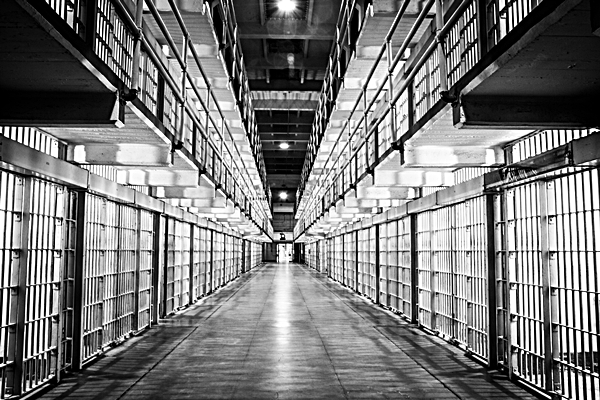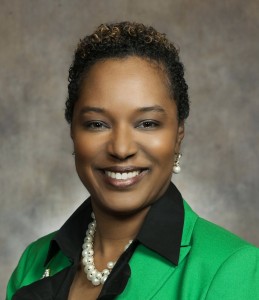
In 2016, roughly six million Americans or one in every forty adults were disenfranchised due to a felony conviction. According to a recent study from Justice Lab at Columbia University in Wisconsin, an estimated 65,000 Wisconsin residents are under some form of community corrections. As a result of being on parole, probation, or extended supervision, these individuals cannot vote. The situation is made more difficult because of the truth-in-sentencing laws enacted under the Walker administration.
Offenders are generally on supervision for at least 25% or their original sentence. Given the calls in my office about the alarming pace of crimeless revocations, this extended supervision is a gateway for people to be returned to prison. The calls and letters are overwhelming from those who have been returned to jail due to “rules” violations. These types of revocations cost nearly $150 million dollars and are obvious setbacks for offenders interested in regaining their right to vote.

In looking at ways to reduce these revocations and recidivism, it just makes sense to explore every option. One way to do that is to get formerly incarcerated residents immersed into their community. They should be re-engaged as quickly and equitably as possible to improve reintegration success. For those that are reentering communities across the state, there is an expectation that they will secure employment, pay taxes, and rejoin society. There should also be an expectancy that they would regain their right to participate in the political process, via restoration of their voting rights after release from prison. After all, it’s easier to care about a community when you have the ability to help make decisions for that community.
Another frustrating issue impacting incarcerated individuals and everyone else in the state is the concept of “prison-based gerrymandering”. This is the practice of Wisconsin counting incarcerated persons as residents of the areas where the correctional facilities are located. This is done for the purposes of drawing district lines and the U.S. Census count. However, inmates can’t vote in these districts and many legislators don’t consider them as constituents. These incarcerated individuals are used to secure more power for communities that actually have fewer residents than neighboring districts or urban cities. This overcounting of inmates as constituents in districts increase both the representation and dollars allocated to communities.
Many of us are familiar with the concept of “one person, one vote.” This idea requires that legislative districts be comprised of roughly the same number of constituents so that every person receives the same level of representation. Counting inmates as residents of the districts where they are housed violates this process. The voting power of everyone living outside of the prison-hosting communities is unfairly impacted. This problem affects both rural and urban communities.
Understanding these challenges, I recently joined two of my colleagues in introducing the Unlock the Vote package of bills. This set of legislation aims to restore voting rights for felons after completion of jail or prison time and to count inmates as members of their districts of last residence. It is a step that other states have taken to level the playing field and ensure an equitable distribution of voting power. It’s time to do the same in Wisconsin.



